Earth news stories

Earth has experienced five major mass extinction events over the past 500 million years. Massive volcanic eruptions have been identified as the major driver of the environmental changes that precipitated at least three of these extinction events.

A six-year-old boy has found a fossil dating back millions of years in his garden after receiving a fossil-hunting kit for Christmas

The oldest known primate fossils were dated to just after the extinction event 66 million years ago—suggesting some primate ancestors lived even longer ago.
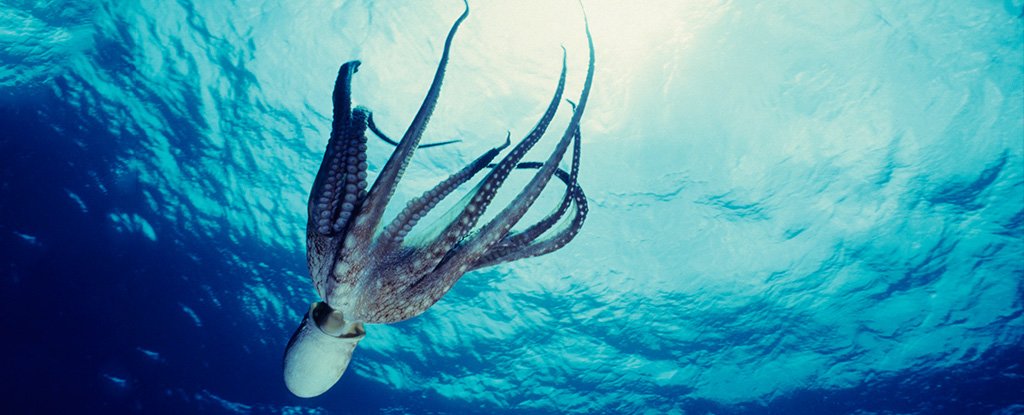
The class of marine animals known as cephalopoda – which today includes squids, octopuses, and cuttlefishes – could have been around on Earth 30 million years earlier than previously thought, according to new research.

For almost a decade, one lone mushroom was classified as an endangered species, and scientists say more could be in trouble.
Image from Sasata (Wiki Commons)
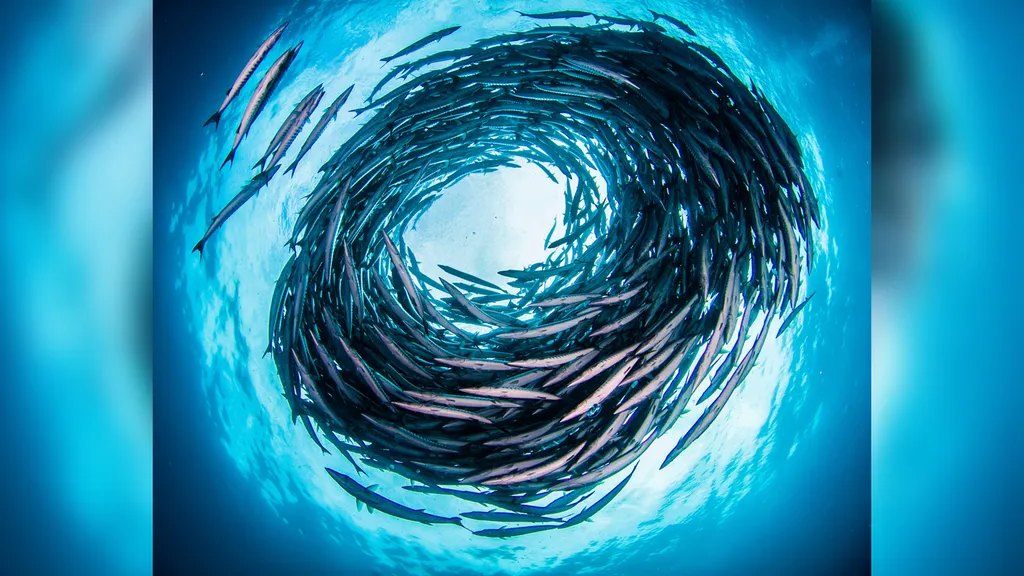
Fish school, insects swarm and birds fly in murmurations. Now, new research finds that on the most basic level, this kind of group behavior forms a new kind of active matter, called a swirlonic state.

As the Arctic warms much faster than everywhere else on the planet in response to climate change, the findings, published this week in the Proceedings of the National Academy of Sciences, may not only be a glimpse of the past but a snapshot of our potential future.
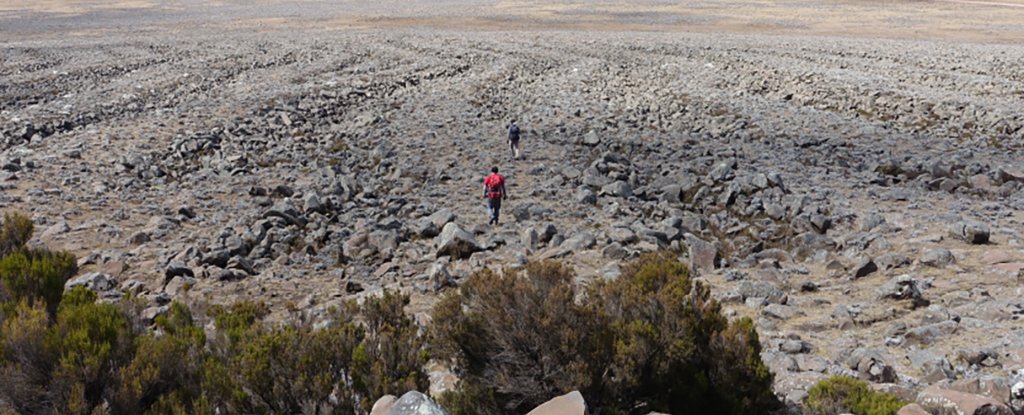
If we want to predict our planet’s future under climate change, we must better understand what has happened on Earth before, even hundreds of thousands of years in the past.

About 70 million years ago, an ostrich-like dinosaur brooding atop a nest of blue-green eggs met its doom, perishing with its nearly-hatched babies in what is now southern China.

The Greenland ice sheet has been there for a long time. As near as we can tell, it could have been extensive as early as 45 million years ago.

Earth and giant meteorites go way back, but new research confirms that what had been proposed as the oldest impact crater on the planet – the 100-kilometer (62-mile) wide Maniitsoq structure – isn’t actually an impact crater at all.

The earliest multicellular organisms may have lacked heads, legs, or arms, but pieces of them remain inside of us today, new research shows.
Last year, Singapore became the first country to allow the sale of lab-grown meat. BBC Minute takes a look at what lab-grown meat is and whether it could help to reduce greenhouse gas emissions in the future.
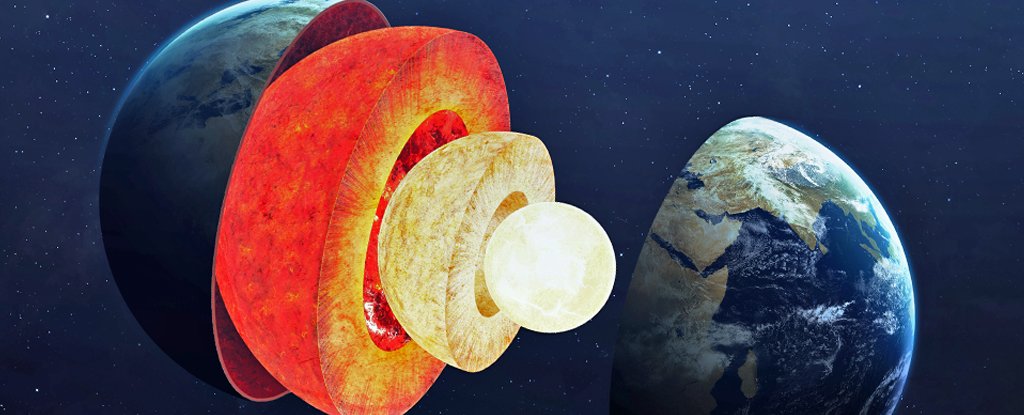
While most of us take the ground beneath our feet for granted, written within its complex layers, like pages of a book, is Earth’s history. Our history.

Anglo-Australian mining giant triggered an outcry last year when it blew up the 46,000-year-old rock shelters at Juukan Gorge.
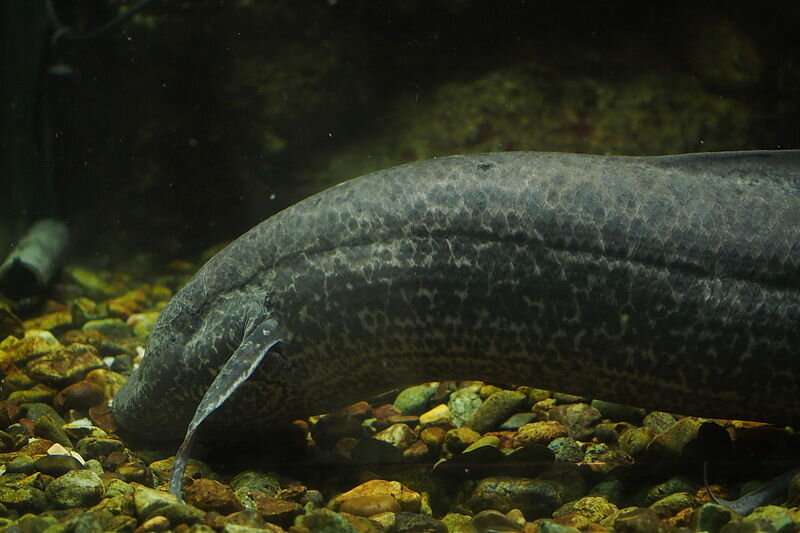
The water-to-land transition is a leap in the history of vertebrate evolution and one of the most important scientific issues in vertebrate evolution. Previous studies have shown that vertebrate landing occurred in bony fishes.








